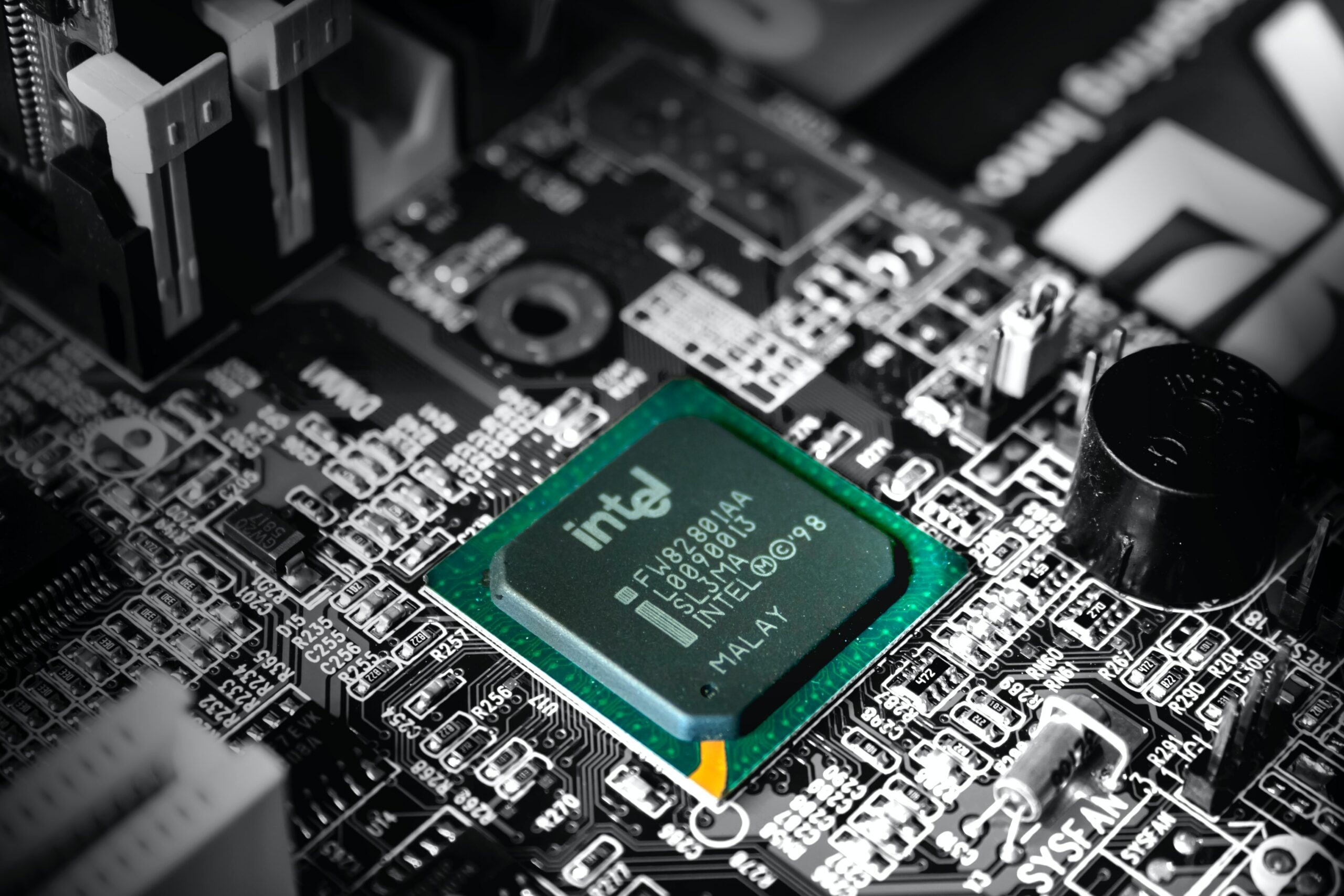Intel to Expand $7 Billion Chip Factory in Malaysia
Increasing its worldwide reach and addressing a debilitating global chip shortage are driving Intel to invest $7.1 billion in new chip packaging operations in Malaysia. “More than 30 billion ringgit would be invested in growing the company’s capacity in Malaysia”, CEO Patrick Gelsinger said on Thursday. He added a portion of the money would be used to fund a new packaging factory that is slated to be operational in 2024.
Intel to expand in Asia
Project represents a significant investment in Malaysia, which is becoming a worldwide center for semiconductor testing and assembly. The U.S. chipmaker plans to build a vast facility in Penang, Malaysia, that will serve a wide range of sectors, from automobiles to electronics, across Asia.
In order to halt market share losses and client defections arising from technological upgrades, Gelsinger is expanding its global footprint. A directive was given to Gelsinger when he took over as CEO of Texas Instruments in February to reclaim the industry’s leadership from Asian giants like Taiwan Semiconductor Manufacturing Co.
It has also been a long time since there has been an exceptional scarcity of semiconductors needed in everything from automobiles to cellphones because of the COVID-era spike in computing device demand. For Gelsinger, who predicted a 20% increase in chip demand during the pandemic, he anticipates the squeeze to continue until 2023.
As part of his turnaround attempts, Gelsinger was in Taiwan and Malaysia this week for meetings that emphasized the importance of Asian manufacturing. He had scheduled a meeting with the CEOs of TSMC during his trip, according to those who were aware with his agenda.
In order to compete with the Taiwanese firm in the so-called foundry market, Intel requires TSMC’s sophisticated manufacturing capabilities but also aims to compete with the Taiwanese company. Intel has a factory in Dalian, China, as well as in Malaysia.
Will boost employment in Malaysia
When Intel CEO Patrick Gelsinger made his first overseas trip since becoming Intel’s CEO earlier this year, this was the first time he had been outside of the United States. Because of their promises to develop operations in the United States, he has said that the Chips Act should not give money to foreign manufacturers like TSMC and Samsung Electronics Co. For this reason, he has claimed that the concentration of advanced manufacturing in Asia and Taiwan represents a strategic concern.
Penang has emerged as Malaysia’s electrical and electronic center, accounting for 13% of the world’s chip testing and packaging, a crucial stage in preparing semiconductors for automobiles, smartphones, and other gadgets. At the end of 2020, there were more than half a million workers in the E&E industry, working for major chipmakers like Intel, STMicroelectronics NV, and Renesas Electronics Corp.
Supply and demand linkages in manufacturing centers throughout the world have been disrupted by the outbreak. For the first time in its history, Malaysia wants to keep attracting the big-name investment and employment it needs to keep its economy humming.




